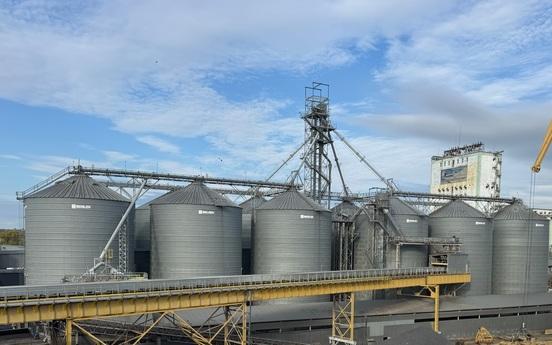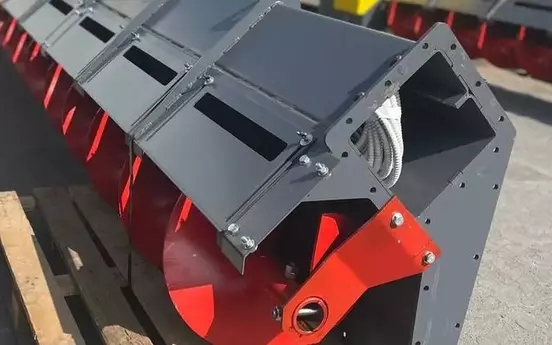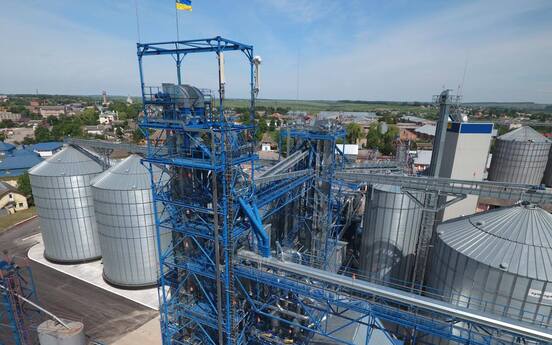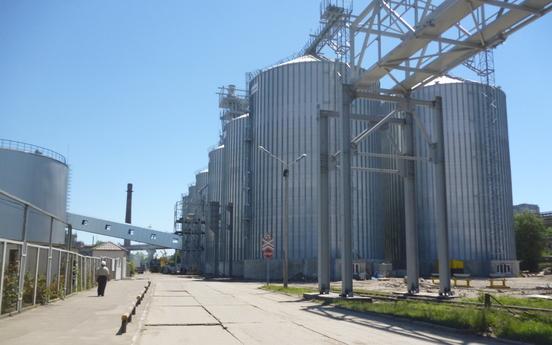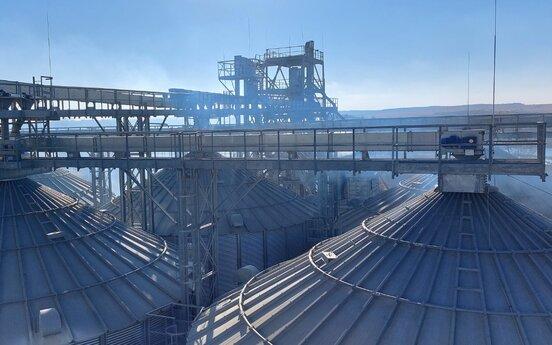How to recognize a scraper conveyor failure before it stops?
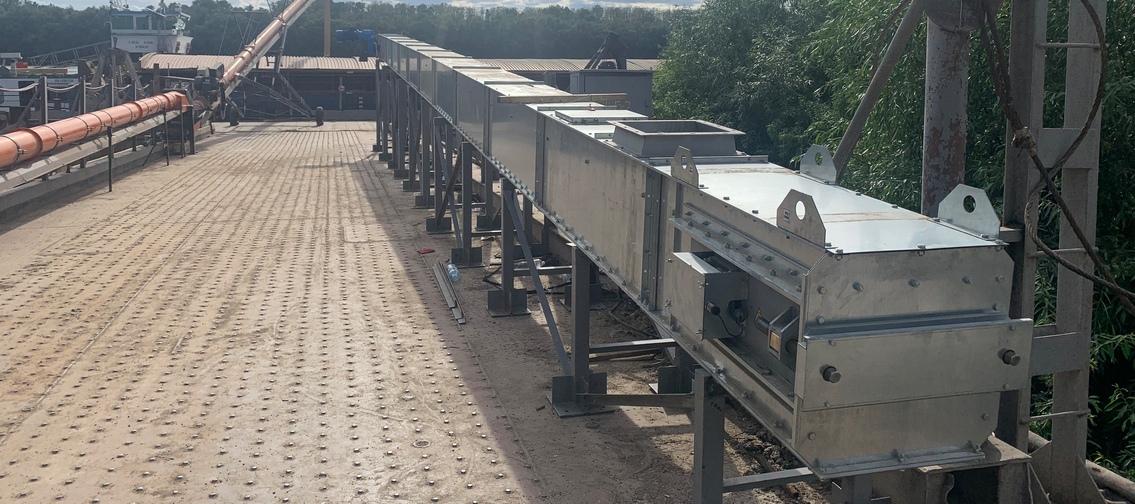
A grain scraper conveyor is a reliable piece of transportation equipment for moving grain, feed, raw materials, or granular materials. However, even the highest quality scraper conveyors require constant monitoring of their components to avoid emergency shutdowns. Early detection of malfunctions reduces downtime, extends the service life of the scraper conveyor, and maintains the productivity of the elevator complex.
The main signs of failure of the scraper conveyor
Sound signals
Abnormal sounds are the first sign of a problem. Grinding or knocking noises indicate worn sprockets, chain stretch, or unbalanced shafts. A dull thud in the housing indicates uneven loading, and a constant loud noise indicates wear on the bearings or guides.
Vibration characteristics
Vibration increases when the drive shaft is out of alignment or when the mounting is loose. For a chain scraper conveyor , an increase in vibration amplitude indicates that the chain is stretched or the scrapers are worn.
Visual signs
Inspection of the housing and tensioning units allows you to detect wear in time. Traces of overheating, oil leakage, damage to the gearbox housing, or material residue under the scraper chain conveyor are signs that indicate a malfunction. If grain accumulates in the chute on a scraper chain conveyor, this often indicates a malfunction of the gate or the lack of return buckets.
Diagnostic methods for scraper conveyors
Modern elevators use current, temperature, and vibration diagnostics to prevent more than 60% of accidents.
| Diagnostic Method | Share of Detected Defects (%) | Type of Defects Detected by the Method | Comment / Application Conditions |
|---|---|---|---|
| Motor Current Monitoring | 25% | Overload, friction, jamming | Measured using a real-time electronic monitor |
| Temperature Monitoring | 20% | Overheating of bearings, housing heating, lubricant defect | Sensors are installed in high-risk units |
| Vibration Diagnostics | 30% | Bearing wear, shaft defect, imbalance | Spectral vibration analysis using sensors |
| Combined (several methods) | 15% | Hidden defects, multifactor deviations | Combining methods provides a synergistic effect |
| Other (visual inspection, optics, etc.) | 10% | Mechanical damage, leaks, corrosion | The simplest method, basic inspection level |
Monitoring the motor current
The motor current increases with the load. Excessive consumption without an increase in performance indicates that the scraper conveyor is overloaded.
Temperature monitoring
Temperature sensors are mounted in bearings and gearboxes. Overheating above 80 °C requires immediate inspection, as it is often caused by untimely maintenance or dust ingress.
Vibration diagnostics
Vibration analysis is the most informative method of monitoring the condition of transportation equipment. For scraper conveyors, typical vibration frequency ranges reveal bearing wear, shaft misalignment, or defective scrapers. Periodic monitoring of the spectrum allows you to determine when repairs are needed before critical damage occurs.
Cost-effective scraper conveyors thanks to early detection of defects
Preventive diagnostics reduce maintenance costs by up to 40%. For a scraper chain conveyor, the monitoring system reduces downtime and extends the life of the chain. In factories with vibration monitoring, gearboxes last 25% longer. For scraper conveyors in dusty environments, this prevents overheating and fire.
Preventive measures for a grain scraper conveyor
To keep your chain scraper conveyor running smoothly, Grain Capital recommends that you regularly
- check the chain tension
- clean the chute from grain residues;
- control the wear of scrapers and guides;
- monitor the condition of the gearbox seals;
- renew the lubricant at regular intervals.
For a scraper conveyor, the grain must be free of foreign objects, as even a small metal fragment can damage the scrapers. The use of load sensors helps to avoid overloads, and modernized control systems allow the chain scraper conveyor to be integrated into the overall SCADA system.
Timely diagnostics help to avoid accidents and maintain equipment efficiency. In the agricultural sector, it is advisable to implement automated control of current, temperature, and vibrations for each scraper conveyor.
